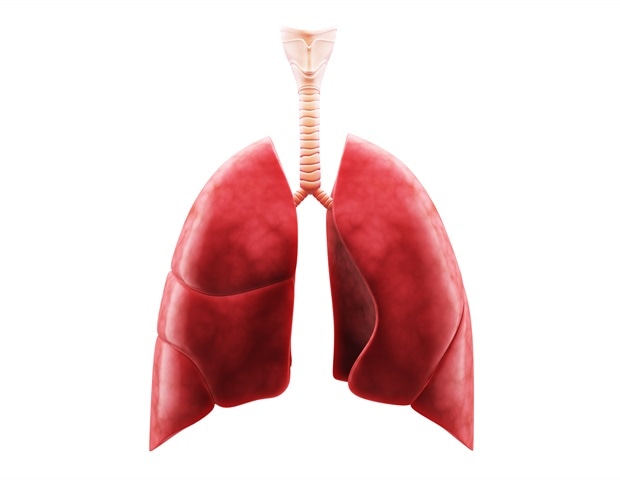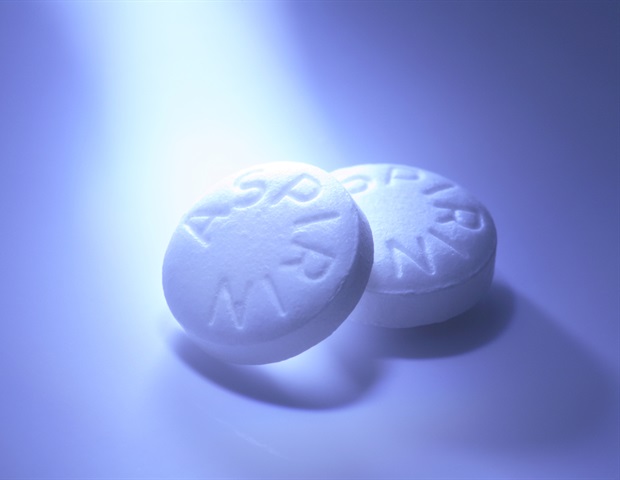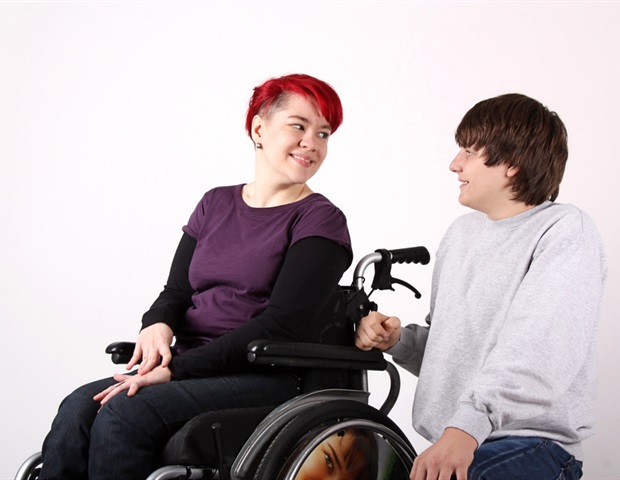The AIDS Clinical Trials Group (ACTG), the largest global HIV research network, which expanded its focus to conduct research into COVID-19, today announced the initiation of STOMP (Study of Tecovirimat for Human Monkeypox Virus), or A5418, a phase 3, randomized, placebo-controlled, double-blind trial evaluating the safety and efficacy of tecovirimat for the treatment of human monkeypox. The study has been designed to learn as much as possible in a broad population of people with monkeypox.
There is an urgent need for monkeypox treatments and this study will help us determine whether tecovirimat should be one of them. The ACTG has designed this study to give us the greatest possible insights into whether and how tecovirimat works against monkeypox, including whether the virus develops resistance to the treatment. An important part of that design is the inclusion of children and pregnant people. The study will also evaluate markers that may tell us that the drug is working so we can identify future promising drugs. Beyond addressing the current outbreak, this study has the potential to profoundly inform the treatment of individuals who acquire monkeypox virus in endemic countries.”
ACTG chair Judith Currier, M.D., M.Sc., University of California, Los Angeles
A global outbreak of monkeypox emerged in the spring of 2022 and has since spread throughout the world, with more than 56,000 cases in 103 countries and more than 21,000 cases in the United States. Monkeypox was first identified in 1958 and has caused an increasing number of infections annually in endemic countries. The current outbreak has been characterized by increased person-to-person transmission. Close contact during sexual activity is believed to play an important role in this outbreak. While most cases thus far have been reported among men who have sex with men, women and children have also been infected. There are currently no therapies approved to treat human monkeypox.
Tecovirimat (SIGA Technologies, Inc.) is approved by the U.S. Food and Drug Administration (FDA) to treat smallpox, but it is not yet known if it can effectively or safely treat monkeypox.
This multi-center trial will enroll more than 500 adults with monkeypox virus infection. Importantly, this trial will include people with severe disease and those at high risk of severe disease including pregnant and breastfeeding people, children, and individuals with underlying immune deficiency and active inflammatory skin conditions who will receive open-label tecovirimat. Study participants with symptomatic monkeypox virus infection who do not meet the criteria for the open-label cohort will be randomly assigned in a ratio of two to one to receive either tecovirimat or placebo orally for 14 days. Participants who are randomized in the double-blinded cohort of the study who later progress to severe disease will be offered the option to switch to open-label tecovirimat, as will participants who report persistent severe pain from monkeypox virus infection.
All participants in STOMP will be followed for at least eight weeks through a combination of virtual and in-person visits and daily self-reports to determine if those receiving tecovirimat heal more quickly compared to those receiving placebo. STOMP will also provide critical data on the optimal dosing and safety of tecovirimat in children and people who are pregnant and breastfeeding.
“Up until now, there have been no studies of tecovirimat in children or pregnant people, which means we lack any data on the risk and benefits of this treatment in two very important populations,” said STOMP protocol chair Timothy Wilkin, M.D., M.P.H., assistant dean of clinical research compliance and a professor of medicine at Weill Cornell Medicine. “In addition, while the data are limited, they do suggest that monkeypox can be more severe among children and pregnant people, so it will be key to understand how tecovirimat works for them.”
Individuals who have presumptive or confirmed monkeypox infection (tested positive within seven days) and started experiencing symptoms within 13 days are eligible. Testing will be provided by the study. Participants with presumptive monkeypox virus infection who have not yet been tested are able to enroll as long as their study-provided test is positive. Participants must also have at least one active skin lesion that has not yet scabbed, a mouth lesion, or proctitis (inflammation in the lining of the rectum).
STOMP is sponsored by the National Institute of Allergy and Infectious Diseases (NIAID), part of the National Institutes of Health (NIH), which also funds the ACTG. A list of participating sites in the United States can be found here.
Source:
AIDS Clinical Trials Group













